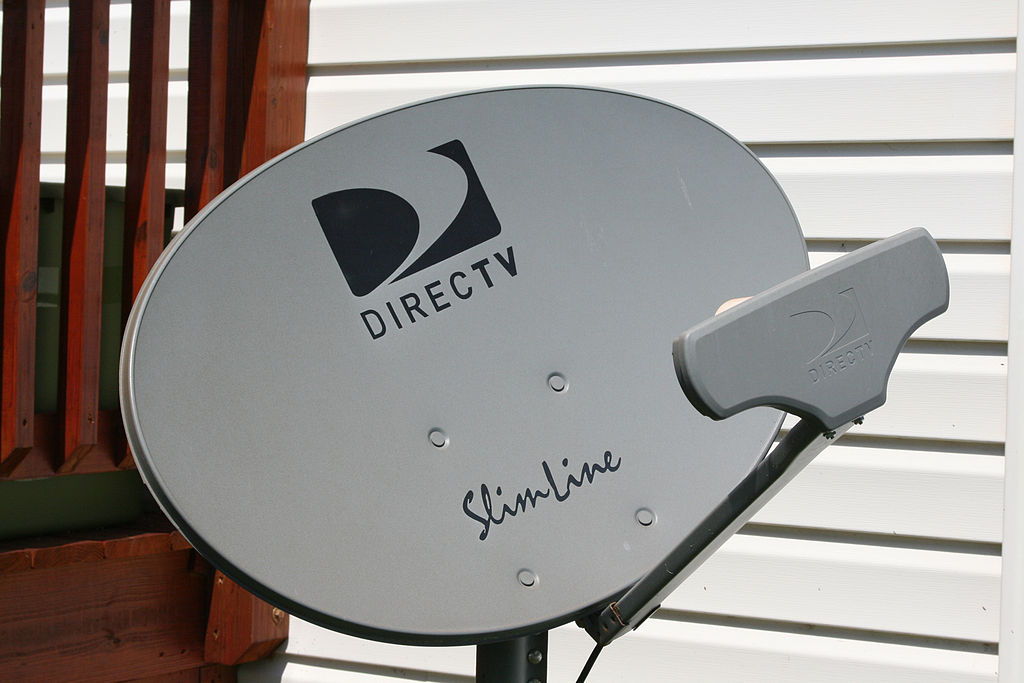Comcast triumphs over FCC in key net neutrality ruling
Comcast has won an important lawsuit against the Federal Communications Commission that may threaten its ambitious broadband agenda, reports the Washington Post. In a unanimous decision (36-page PDF), three judges on the U.S. Court of Appeals for the District of Columbia ruled that FCC doesn’t have authority to require Comcast, America’s largest broadband services provider, to treat all Internet traffic equally, a concept known as “net neutrality” (Wikipedia). The judges examined whether the FCC has authority over broadband services, categorized separately from phone, cable television and wireless; the FCC now has only “ancillary authority” over broadband. The ruling says in part: “The Commission may exercise this ‘ancillary’ authority only if it demonstrates that its action . . . is ‘reasonably ancillary to the . . . effective performance of its statutorily mandated responsibilities.’ The Commission has failed to make that showing.” Reaction continues to come in, here’s a roundup compiled by Broadcasting & Cable. And here’s a look at winners and losers from the Wall Street Journal’s Digits blog. Thomas Lendar, president of the Technology Policy Institute think tank, pointed out that the FCC might try to “reclassify broadband as a telecommunications service, subjecting it to traditional public utility-type regulation.” The agency rolled out its much-anticipated National Broadband Plan last month, its massive recommendation to Congress on how to achieve high-speed access to more Americans.



